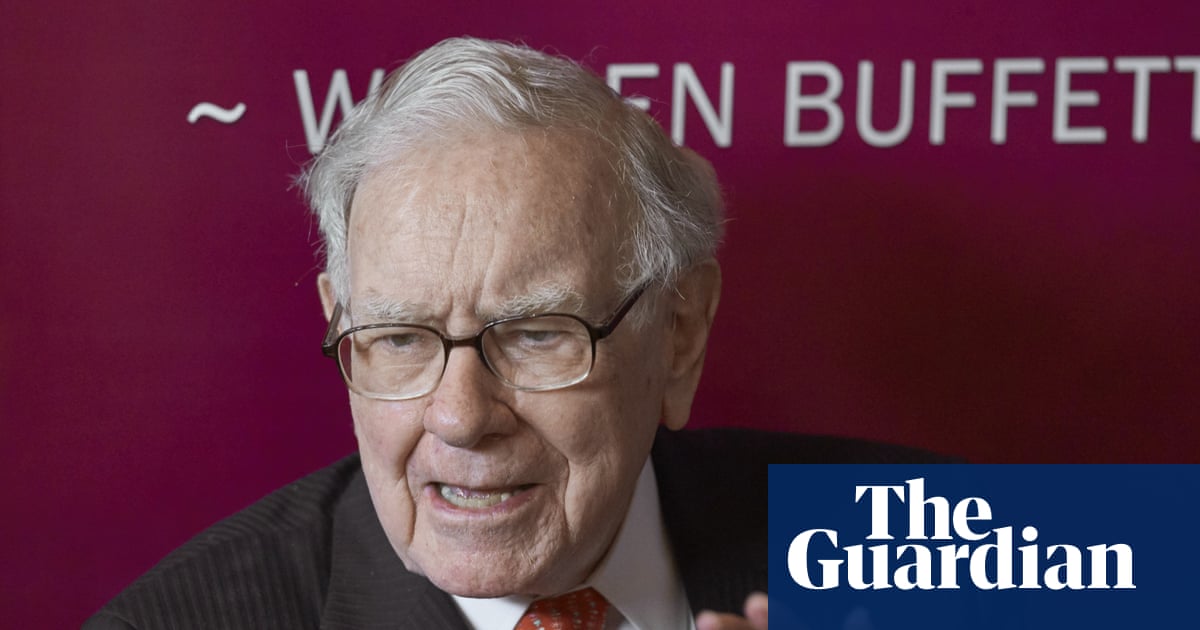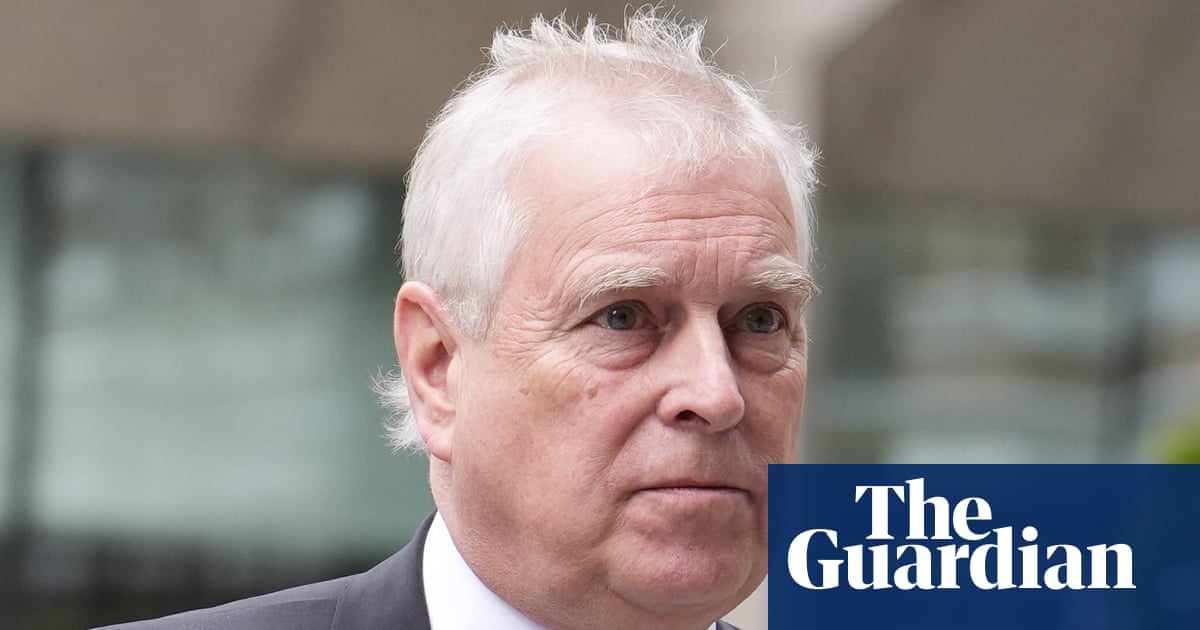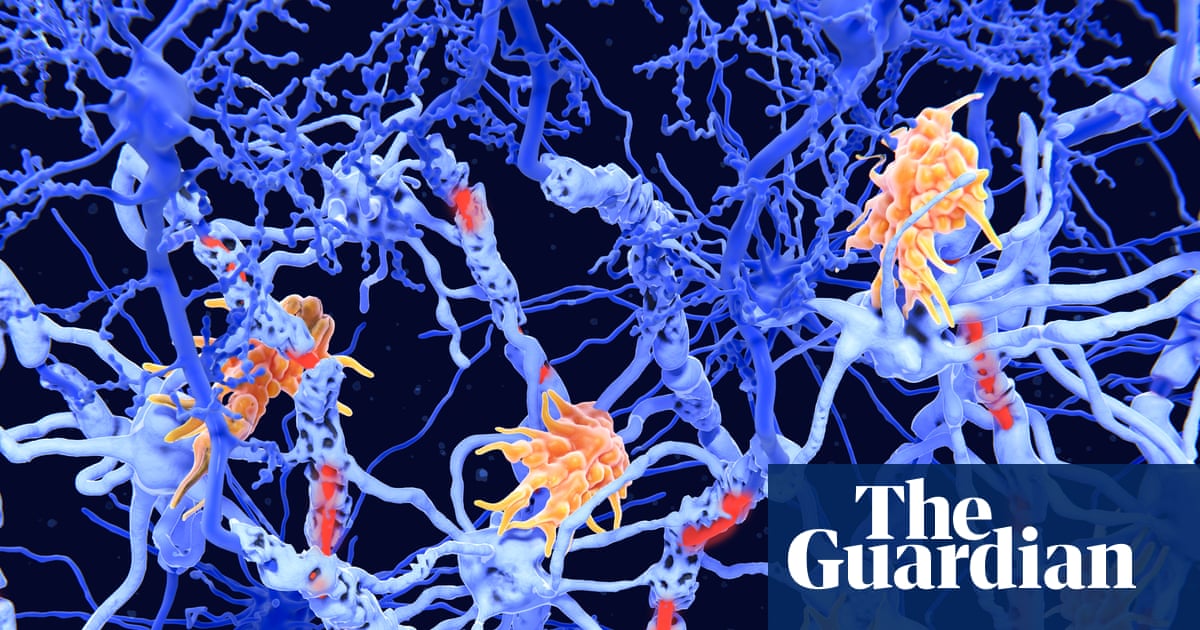Keir Starmer was at his most clear today not in his speech to the Global Progress Action Summit in London, trailed as a fightback against the politics of hate and division, but in the panel afterwards. That’s when he said he wanted the next election to be an “open fight” between “Labour and Reform”. In the speech itself, however, he identified his enemies in the abstract. He was against the “politics of predatory grievance”, which used the “infrastructure of division”. He also made a lovely case for London at the start, with its plentiful pubs and pleasant parks, remarking wryly that it was nothing like “the wasteland of anarchy that some would have you believe”.
The problem is he needs to pick a lane. Either he was referring to Donald Trump’s comments at the UN earlier this week, when the leader of the free world said Britain’s capital had a “terrible mayor, terrible, terrible mayor, and it’s been changed, it’s been so changed. Now they want to go to sharia law”, in which case Starmer should say so. Or he was attempting to describe the ascendant hard right upturning our politics without identifying or reflecting upon its main mouthpieces, in which case, what the hell is he thinking?
One issue is that you very often cannot tell what the prime minister is thinking, so camouflaged is any thought under the buzzwords of the day. “Patriotic renewal” is today’s invention, which could mean anything from bunging some cash to a community centre to becoming a clean-energy superpower. If you ever feel dispirited by this pabulum, just be thankful you weren’t in whatever meeting it was probably dreamed up in at the Tony Blair Institute.
A far larger problem is the substance of Starmer’s fight with Reform. The most concrete announcement he made was that of digital ID cards, which will be mandatory for anyone trying to work in the UK. (It wasn’t in Labour’s 2024 manifesto, there are certainly people who wouldn’t have voted Labour had it been, but worrying about things like that feels very 20th century.) He explicitly proffered ID cards as a solution to illegal immigration. “It has been too easy for people to come here [and] slip into the shadow economy,” Starmer said. “We’ve been squeamish about saying things that are clearly true … the simple fact is that every nation needs to have control over its borders … our immigration system does need to be fair, otherwise it undermines trust, undermines people’s faith that we’re on their side.”
By his own words, then, he condemns his intelligence: if migrants are in the shadow economy, how are ID requirements in the regular economy supposed to deter them? It’s almost as though that’s not the question he’s trying to answer. What’s really going on is an attempt to echo the anti-migrant passions of Reform, while simultaneously coming up with solutions that don’t sound fanciful. Starmer’s animating question at the moment is this: how can he appeal to those who love authoritarianism while not alienating those who hate it?
Green energy was the other front of Starmer’s “fightback”, and he talked a decent game on renewables – first decrying Vladimir Putin’s boot on our neck, then promising nuclear, wind and solar energy, which would create jobs, drive down prices and address the climate crisis. We could cavil about the prominence of nuclear there, but the essence is fine. It broadly reiterates the promises made when Green New Deal was the buzz phrase, even if the surrounding emphasis on growth above all and fiscal responsibility hints that the ambition has been scaled right back.
Realistically, though, the speed at which this Labour government has rolled over on the issue of immigration and asylum seekers – accepting Reform’s insistence upon its salience, failing to make the positive case for migration – makes you wonder how long its green credentials will last, once the right has them in its crosshairs. Will Starmer’s green promises survive until Nigel Farage starts a new campaign to end net zero? Or will he start to falter as soon as Kemi Badenoch promises to bring down everyone’s energy bills with the dregs of the North Sea?
It’s a well-established feature, arguably the main feature, of any era where the hard right is on the march: elites make common cause with the masses, by means of an out-group, often racial minorities or people who aren’t citizens, and use the hatred thus generated as the abundant energy source for the movement. Our prime minister identified, in vague terms, a “cynical attempt to exploit [working class] fears” and kept himself above the fray, when in fact he is critical to the fray. He’s the poster boy of the ineffectual liberal who watches the world swerve to the right and tries to appease it with some light or, if you prefer, diet xenophobia. If we’re now talking about an “open fight” between Labour and Reform, let’s be open about this: he will not beat them by becoming more like them.
-
Zoe Williams is a Guardian columnist

 3 months ago
44
3 months ago
44

















































